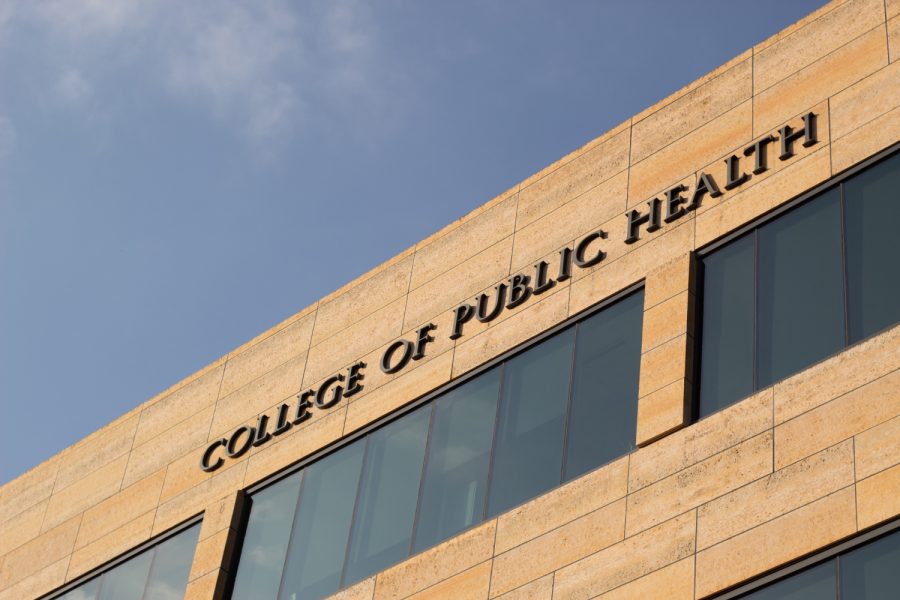Iowa continues to have the second-highest and fastest-growing number of cancer cases in the U.S., the Iowa Cancer Registry reported Tuesday.
The Cancer in Iowa report notes that Iowa has the fourth-highest incidence rate of alcohol-related cancers in the U.S. and the highest overall in the Midwest. Cancer incidence is the number of new cancer cases in a specific area over a year, according to the N.I.H.
Learn more:
Other numbers from the report included estimates of 21,000 new cancer cases, 6,100 deaths, and 168,610 living with cancer in 2024. The report revealed an estimated 725 new cases, 160 deaths, and 6,280 living with cancer in Johnson County.
Mary Charlton, University of Iowa associate professor of epidemiology and director of the Iowa Cancer Registry/State Health Registry of Iowa, said alcohol was one risk that made Iowa stand out compared to other states.
She explained that alcohol is a carcinogen, and is a risk factor that can lead to oral, breast, and liver cancers, among many others. She said the percentage of people binge drinking was higher in Iowa than in other states, which may contribute to the higher number of alcohol-related cancers.
She recommended men limit themselves to two drinks a day and women to one a day.
“I do want to make it clear, however, that there is no one cause of cancer,” Charlton said. “Rather it is the complex interplay of different genetic, behavioral environmental instructional factors that alter the way cells function and produce cancer.”
Alcohol-related cancers could be caused by a combination of many other factors, she said, but clarified that alcohol was not the only reason people could develop cancer. Alcohol is one of many factors interacting with each other that can lead to cancer developing.
Michael Henry, UI interim director for Holden Comprehensive Cancer Center, like Charlton said, alcohol-related cancers were “dose-dependent,” meaning reduced consumption leads to reduced risk.
Henry also talked about the research being done at the UI, including a collaboration with the UI College of Dentistry to develop a specialized program of research excellence on oral cancer.
“This is a large grant that could really help us take some big steps against oral cancer here, and discovering new approaches to detecting, diagnosing, or treating oral cancers,” Henry said.
Marisa Buchakjian, UI assistant professor of otolaryngology, said because Iowa ranked second for overall cases of cancer, it meant an increase in the number of patients going to the UI. On top of the increase in patient numbers, she said she also saw an increase in the time to diagnosis, and patients having a longer wait time for treatment.
“In the state currently we’re at a critical point where we’re having difficulty giving timely and excellent care to patients,” Buchakjian said. “The opportunity to highlight risk reduction or state is really exciting.”
Iowa City resident and cancer survivor John Stokes also spoke during the presentation. Stokes said he had been diagnosed and treated for head and neck cancer twice.
“When I was younger, I had problems with alcohol, I drank frequently,” Stokes said. “We’d also binge drink … without realizing those choices could cause cancer later in life.”
He attributed drinking and smoking tobacco to the development of his cancer and said he wanted other Iowans to know it was never too late to reduce their consumption of alcohol.



